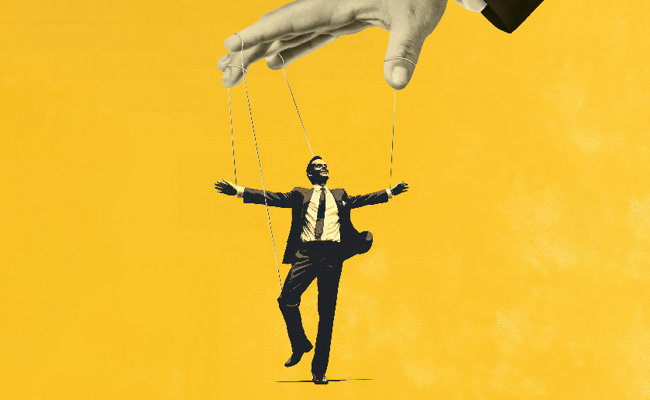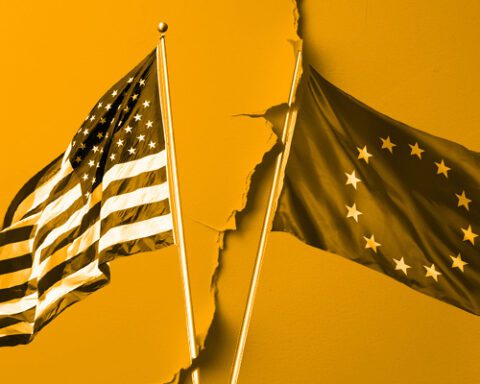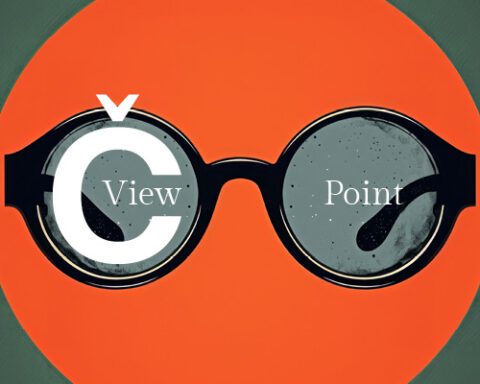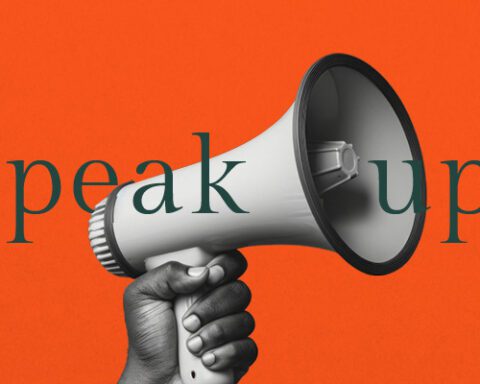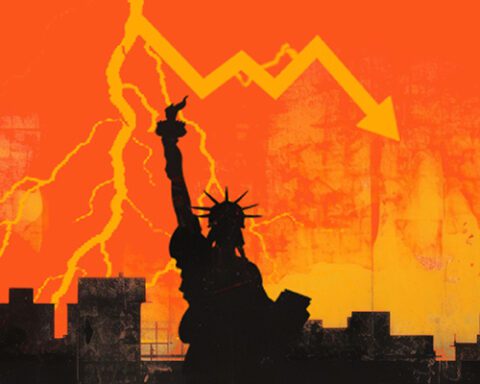In June, an estimated 350-million Europeans got the chance to participate in what would generally have been written off as one of the more pointless of the 64 elections taking place across the globe in 2024. Just half bothered. From a general governance and policy perspective, almost nothing hangs on the outcome of the elections that each of the 27 EU member states hosted.
It turns out, in a huge break with tradition, that this year’s EU election did have some serious political consequences though only indirectly for the EU and only in one member state. France’s truculent president, Emmanuel Macron, was so put out by how well Marine Le Pen’s far-right party (Rassemblement National) did that he promptly dissolved France’s National Assembly and called for a general election.
It’s impossible to know what Macron was hoping to achieve, but the outcome of the election did little more than confirm fears that France might be close to ungovernable.
It took until early September for Macron to reach sufficient agreement with the raucous National Assembly to appoint a prime minister. The selection of former EU commissioner Michel Barnier, with the assumed tacit backing of Le Pen, could be a stroke of genius – or not. Barnier, a centrist, is not aligned with any of the major parties (tagged far right and far left) in the National Assembly but will now have to push through a very tough – EU enforced – budget. Not many think he’ll last long; some are even talking about the need to establish the Sixth Republic. (The first was established in 1792; the current Fifth Republic was established by Charles de Gaulle in 1958.)
As one of the core EU members – along with Germany – events in France have considerable implications for the EU, particularly as right now the 27-member organisation is looking economically and politically vulnerable.
But anyway, getting back to the generally inconsequential EU elections.
The reality is the election of 705 enormously lucky individuals to the EU parliament has as much bearing on democracy as the Eurovision song contest has on music.
It is the parliamentary equivalent of a Potemkin village, designed to create an appearance of democracy, one that distracts European citizens from the reality that the EU is a bureaucratic project with only indirect connection to its citizens.
And the shrill urging by the Brussels elite that European citizens should get out en masse and vote to protect the bloc’s democracy from the rising “far-right” tide made no difference to that reality. Indeed, that urging was risible in the context of the impotence of the European parliament.
Not that it doesn’t have many of the trappings of a traditional parliament. It has not one but two chambers – one in Brussels, the second in Strasbourg; it has countless committees and subcommittees, thousands of essentially redundant support staff and near paralysing levels of bureaucracy. And, of course, it’s also clogged up with lobbyists and boasts a good share of corruption, just like any normal parliament. (Recall MEP Pier Panzeri and his Fight Impunity NGO, to which Iqbal Survé once made donations.)
A legislative lame duck
The Strasbourg chamber, in particular, really helps to demonstrate the utter pointlessness and cynicism of the European parliament. For a few days each month the parliamentary circus is relocated to the French city for no purpose other than to assure the French of their centrality in the EU. The exercise costs €100m a year and enables MEPs and their staff to swan back and forth in the luxury of business-class air travel.
But the one thing the European parliament doesn’t have – the one thing that represents the beating heart of a true parliament – is the power to legislate. That power rests almost entirely with the European Commission. Lawmakers these MEPs are not.
The Brussels elite will quickly point out that though parliament can’t introduce legislation, it can tweak the legislation that is referred to it from the commission for approval. Yes, well, maybe. Yet there is no record of any significant amendments or revisions.
Back in 2019, MEPs were assured they would get to elect the president of the commission. Their choice was German MEP Manfred Weber; they were given Ursula von der Leyen.
It helps in its rubber-stamping function that the European parliament is dominated by three broad groupings of political parties: the centre right (the European People’s Party), the centrists (Renew Europe) and the centre left (Socialists & Democrats). This and the enormous potential bounty that just one term could generate for each lucky MEP has been sufficient to ensure the bidding of the European Council and Commission remains unchallenged by parliament.
One MEP who decided to chuck it in after just one term detailed in a recent book all the largesse heaped upon these Potemkin residents: a monthly salary of about €5,400 (about R106,000) net, a tax-free allowance of €350 for every day the MEP is registered on parliament’s attendance list and a monthly allowance of €5,000 for general expenditures such as office supplies. They can also make use of a PR budget of about €40,000 a year and submit an estimated €330,000 in staffing costs annually. The total? Just shy of €1m a year. In addition, MEPs enjoy privileges such as diplomatic passports and chauffeurs.
Top image: Collage. Currency.
